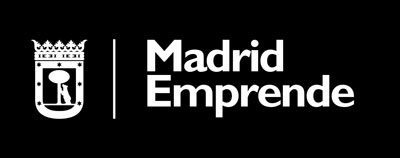- These are the startup Spanish companies and their founders according to the Spanish Entrepreneurship Map 2023
For those people who are starting or thinking about doing so, there is a document that delves into the current situation that companies are going through. emerging companies in Spain.
Its about Map of Spanish Entrepreneurship 2023. It is a report that, after having analyzed around 3,000 startup European companies, has determined that 20% of them had been founded by people born in Spain and who have highly qualified profiles, as indicated by the creators of the document "South Summit and International University (IE University).
In this sense, recently created businesses that have on average more than 3 years of existence and that, in 68% of cases, they have a staff of between two and five employees, a figure that is linked to the number of founders at the head of these nascent entities, which is usually around 2 and 3 profiles. The useful life of these companies is usually not very long, at least in the hands of those who initially create them, since almost 60% of the people who start them sell their projects in the first years or launch them with the intention of selling them in the short term.
On the other hand, the annual event that brings together all the key agents and entities that make up the entrepreneurial ecosystem and the most illustrious minds of innovation worldwide, as well as the Spanish university and the Business Institute, respectively, have also highlighted interesting differences in gender issues, since it is much more common for women to undertake solo projects and men to bet more on team projects, occupying 65% and 75% of the total, in each case.
Likewise, regarding the average hiring, about 4 employees have been registered on average per startup in 2023, a third of which had mixed teams composed of both women and men.
Another issue that this study shows is that the available resources are stretched to the maximum in this type of business, especially economic ones. This is why financing tends to decrease when raising the first round or when obtaining the first financing. The entrepreneur basically uses his or her own funds and, subsequently, private investments gain more strength, leaving public investments in third place more and more frequently.
More generally, Madrid is the city that stands out the most among the Spanish autonomous communities for the diversification of its B2C business models (business to consumer), its economic commitment and proposal and its ability to attract people who want to start a business with more junior profiles (or without much experience) in the art of developing their own project.
Catalonia occupies the second place of reference in this regard, with a 16% of startup with patents (same as the Spanish average), following the national trend of the B2B model (business-to-business) -32%- and being the region with the most businesses developed solely by women (9%).

